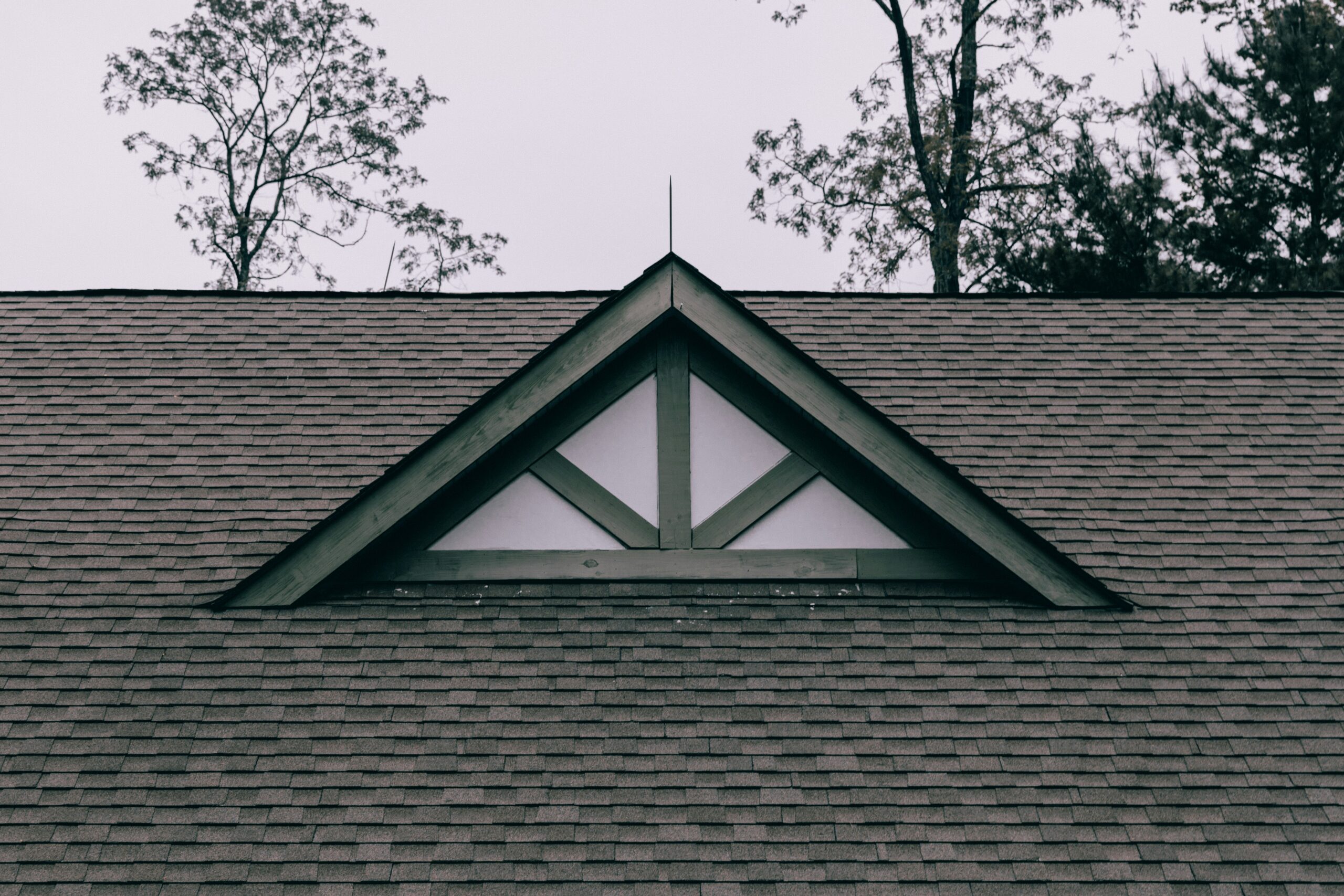Running a business means juggling many responsibilities, and building upkeep is one task that can slip through the cracks. Yet the roof over a workplace does more than shield walls; it protects staff, equipment, and customer trust. When problems arise, they can disrupt daily operations, damage inventory, and create safety risks that spread throughout the company.
In places such as Sunnyvale, where weather shifts and daily wear can challenge building structures, the impact of roof care becomes clear. Businesses that stay proactive avoid expensive repairs and keep their teams focused on growth.
This article shares practical roofing tips designed to help owners cut costs, extend the life of their buildings, and protect long-term stability.
Why Roofing Matters for Businesses
The roof is not only a physical cover; it is a safeguard for staff, clients, and valuable assets. A leak or crack can spread quickly, resulting in expensive repairs, property damage, and operational slowdowns. For any company, disruptions can reduce productivity and negatively impact its reputation in the local market.
When maintenance is neglected, minor problems can escalate into emergencies. Addressing them afterward is always more costly than preventing them from the start. Proactive care means fewer interruptions, stronger safety, and greater financial stability.
Practical Roofing Tips for Business Owners
Taking care of a roof may not feel urgent until problems appear. Preventive steps, however, can save time, money, and stress. The following tips outline practical ways to protect business property and maintain daily stability.
Tip 1: Schedule Regular Inspections
Routine inspections are the first line of defense against damage. Certified professionals can identify weak points early and address repairs before they escalate into larger problems. This step helps businesses avoid leaks, safety risks, and unexpected expenses, while also giving owners a clearer view of future maintenance needs.
Companies seeking commercial roofing in Sunnyvale can find solutions tailored to regional conditions and long-term objectives. Skilled expertise is crucial in preventing risks before they escalate. In this area, trusted providers like Roofing Campbell assist businesses with inspections and repairs that keep buildings secure. Their guidance enables owners to focus on daily operations with confidence, knowing the roof is designed to withstand both routine use and seasonal challenges.
● Cracks or leaks can be fixed before spreading.
● Experts notice issues business owners may miss.
● Professional inspections add long-term value.
Tip 2: Prioritize Weather Readiness
Seasonal changes put heavy stress on building structures. Strong winds, heavy rain, or long periods of sun exposure can cause damage if a roof is not prepared. Taking steps ahead of time makes a major difference in preventing sudden breakdowns. Regular checks help identify weaknesses, while small repairs can prevent larger problems from arising. Preparing for weather shifts ensures that businesses operate smoothly and avoid costly downtime caused by leaks or damage.
● Seal weak spots before seasonal shifts.
● Reinforce edges and joints against wind and rain.
● Check sun-exposed areas for wear or cracks.
When owners prepare early, they spend less on repairs and gain more peace of mind.
Tip 3: Maintain Drainage Systems
A roof is only as reliable as the systems that keep water moving away from it. Blocked gutters or drains cause water to pool, adding weight and weakening structures. Left unchecked, this water can seep into ceilings, walls, or even electrical systems, creating costly hazards. Keeping drains clear ensures that rainwater flows off safely, rather than sitting on the surface. Routine care also extends the life of materials and helps avoid large-scale repairs.
● Clean gutters and drains on a set schedule.
● Ensure downspouts carry water away from the foundation.
● Prevent pooling to avoid leaks or structural strain.
Simple upkeep here saves money and prevents business interruptions.
Tip 4: Use Durable Materials
The quality of materials used in construction directly affects a building’s ability to withstand stress. Choosing cheaper options might reduce costs in the short term, but they tend to wear out quickly and require more frequent repairs. Durable materials are designed to withstand local weather conditions and can reduce the need for repeated repairs. Using stronger products also shows foresight, as it protects both the property and the people inside. Businesses that invest in high-quality choices create a safer, more reliable environment.
● Invest in weather-resistant roofing materials.
● Select options that have been tested for withstanding heavy rain and strong sunlight.
● Stronger materials reduce the frequency of repairs over time.
Durability is an investment that pays back with fewer disruptions and long-term stability.
Conclusion
Roofing care is not just about protecting a building; it is about safeguarding the stability of a business. Small preventive steps, from inspections to weather preparation, help reduce financial strain and avoid costly disruptions. By focusing on durable materials, clean drainage, and proper planning, owners gain peace of mind while protecting staff and property. Companies that take action today ensure smoother operations tomorrow, allowing them to focus less on repairs and more on growth. Long-term security begins with steady attention to the roof above.
You may also like
3 Things To Consider When Moving Offices
Importance of Proper Siding Maintenance for Your Home
